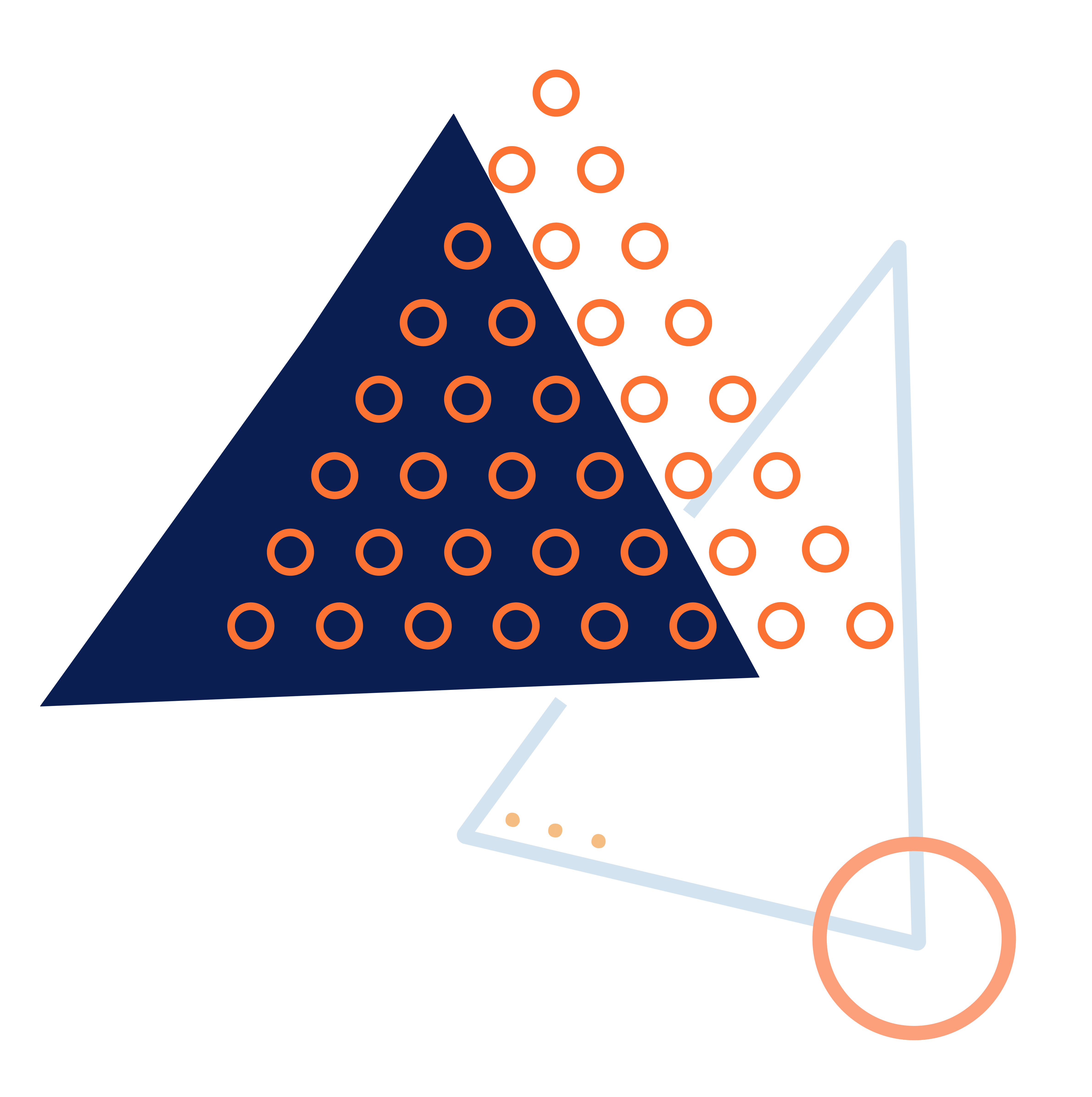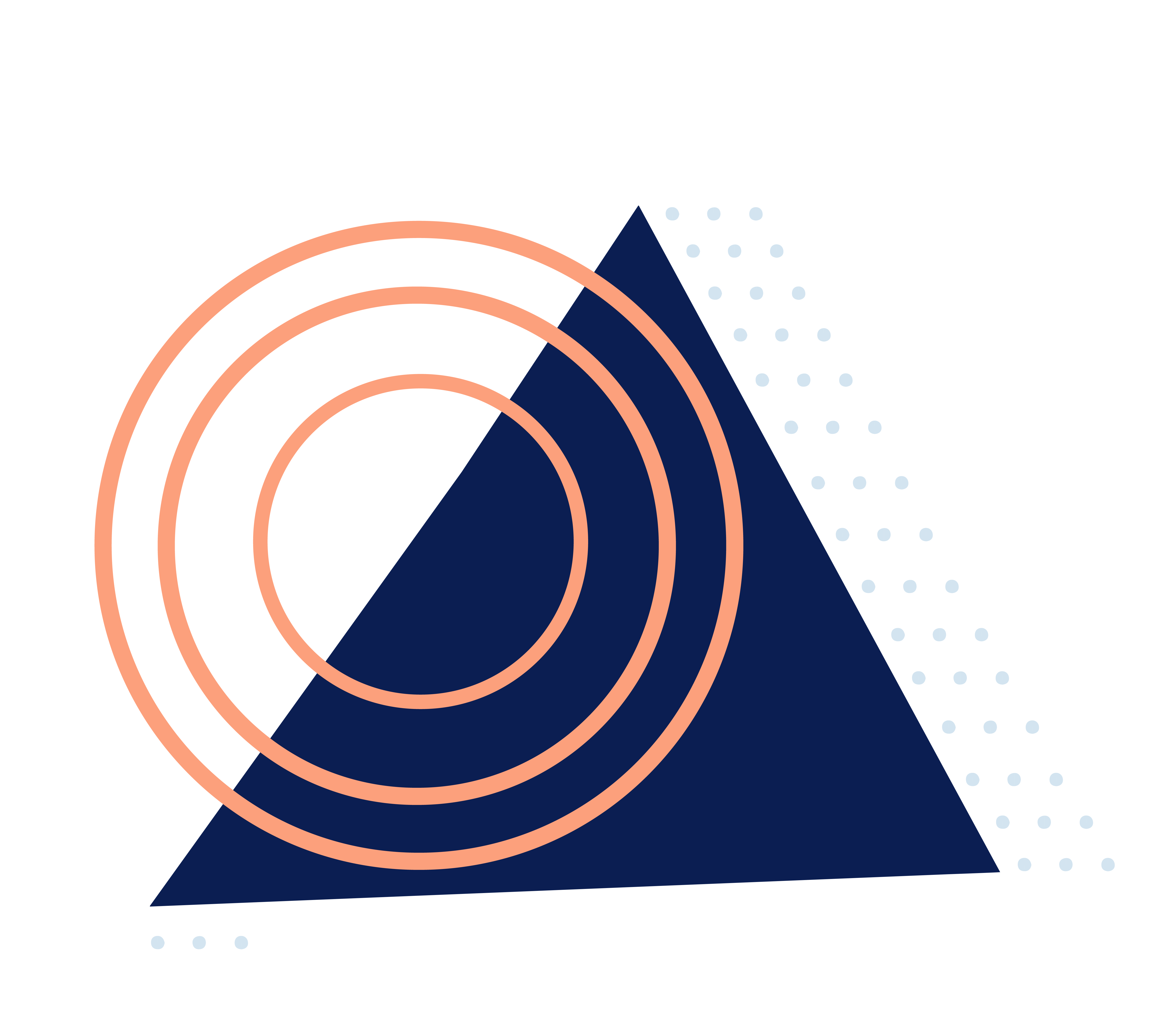

22nd October 2020
Article
Ideology, Conflict and Sexual Violence in Pakistan
Qamar Abbas Jafri & Wafa Hussain
Ideology, Conflict and Sexual Violence in Pakistan
CW: Sexual Violence
Introduction
On 9 September 2020, a woman was raped alongside a major highway near Lahore city of Pakistan. The woman was driving her personal car at the time of the incident when her car developed a fault at midnight.(1) This incident sparked a debate in the media over the causes of sexual violence and issues with the criminal justice system in Pakistan. The debate mainly developed between the proponents of feminism and radical Islamism. In this article, we explore the topic of sexual violence in Pakistan using an intersectional feminist framework - we unpack both Islamist and feminist discourses on the theme of sexual violence. This article explains how the ideology of the Islamists influences the state and its institutions to blame victims of sexual violence rather than looking to support victims and reform the criminal justice system in the country.
The context
Feminist literature on sexual violence demonstrates how rape, physical assault, sexual slavery, forced marriages, and restrictions on freedom of movement are means of suppressing the identity of women.(6) The causes of sexual violence are complex and varied and we can often see it being used as a tool of civil war in active conflict areas. In Pakistan, sexual violence perpetrated against women includes battering, rape, acid throwing, kidnapping, and honour killings. One in every three women in Pakistan is reported to have faced sexual violence in their lifetime, and around 5000 women are killed every year in incidents of domestic violence, such as honour killings.(7) As well as violence against women, in recent years the incidents of sexual violence against children, women of religious minorities, and transgender people are increasing at an alarming rate. The rising incidents of sexual violence in Pakistan need to be urgently addressed, Pakistani citizens, particularly women, are losing trust in the criminal justice system, the police, courts, and judges, as survivors of sexual violence are not receiving justice. This is leading to an increase in exclusion of already marginalised survivors of sexual violence who are struggling to seek justice, as only the more privileged and powerful are able to access the lawyers and courts to get their cases heard.
Since the formation of the modern state of Pakistan in 1947, Pakistan’s promotion of Islamic nationalism has led to the exclusion of women of religious, sectarian, and ethnic minorities, from rights to equal citizenship and the privileges which come with that. This exclusion has created a political conflict between what is often defined as two factions: the feminists (left wing political parties, women rights groups) and islamists (right wing political parties, religious groups).(10) The feminists push for an increased role of women in public space and decision making, such as increased levels of education, employment, free will marriages, and property inheritance for women while islamists want the restriction of women from public space (politics, media, leadership), and women piety (veiling, obedient to men, child rearing) in Pakistan. (11) It must be acknowledged that in reality the conflict between ideologies in Pakistan is much more complex and nuanced, even as the feminist movement is becoming more visible in Pakistan, feminism is still expressed in different ways by different generations, and views on women's rights varies greatly in the country. Equally, in this piece we are discussing islamists, who subscribe to a radical fundamentalist view of Islam, who are far removed from muslim people, many of whom hold deeply feminist views.
Gender and intersectionality in Pakistan
While the incidents of sexual violence in Pakistan are common to all communities, the cases of sexual violence involving women from more privileged backgrounds get more coverage in media and they have easier access to the justice system. The example of the incident that happened by the motorway received extensive coverage in national and international media because the woman was from a more privileged and rich class.(12, 8) The media and criminal justice system in Pakistan are biased towards the less privileged and give les support to marginalised communities because of how they deem who is a worthy “victim” of sexual violence.
Young girls from religious minorities less privileged in Pakistan, such as Christians, Hindus, and Sikhs, are kidnapped, forcefully converted, and married by Muslim men but such cases of sexual violence rarely receive the same outcry in media and literature.(25) On 1 October 2020, a Pakistani Hindu girl who was a survivor of sexual violence, took her own life after not receiving justice from the court.(24) According to a recent study, over two dozen incidents of abductions and rape followed by forced conversion of young girls of religious minorities happen in Pakistan every month and mostly, in such incidents, law enforcement agencies and courts defend the Muslim perpetrators against religious minorities.(14, 15)
In addition, members of the transgender and transexual community are violently attacked and their attackers often enjoy impunity. They are systematically marginalized and discriminated against by their families, and relatives, and the system, as their identity is perceived inferior to cisgendered men and women.(17)
The discourse of feminists and Islamists on sexual violence in Pakistan
Pakistani feminists challenge the Islamist discourse over women’s rights and empowerment through protests, sit-ins, speeches, and marches. They raise their voice by saying mera jism meri marzi (“my body my choice”), haq-mehar (dowry) is not a divorce compensation, ”there is no honour in killing”, jahaiz khouri band karo (“stop the custom dowry”).(10) These slogans of the women rights activists aim to change the social mindset and how the justice system treats forced marriages, honour killings, equal property rights for women in the case of divorce, and the custom of dowry.
On the other side, Islamists, mainly male and female students of madrassas hold haya (“morality”) marches perceiving the above feminist actions as spreading immorality in a Muslim majority country.(11) The most common counter slogans of Islamists women are main ba-parda hun (“I am in veil”), main ghar ki malka hun (“I am queen of the home”), behayai na manzoor (“we reject the immorality”).(11) Islamists believe co-education in Pakistan encourages gathering of young men and women who can develop sexual relations before marriage which is perceived as immoral and anti-Islam. Islamists think the mixing of sexes in public spaces (e.g., university, offices) is causing sexual violence in the country. The Islamists draw support from the state institutions on an ideological basis because religion influences policies and public discourse in Pakistan. They claim Islamic laws should be implemented in Pakistan in all aspects of life. To achieve this political goal, Islamists create hate propaganda literature (online and offline) against feminists and divert attention of state institutions towards blaming victims of sexual violence. In some cases, Islamists have become violent towards feminist activists.(12)
The above ideology of Islamists in Pakistan penetrates the police, courts, media, politics, education, and academia through religious education and right-wing media. The prejudice towards women has become institutionalised. Although laws in Pakistan to deal with sexual violence are strict and suggest severe punishment, the police, laws, and legal courts represent sexual violence as an act of public disorder rather than a criminal act. For instance, the Women Protection Bill (2006), a controversial Bill strongly criticised by Islamists. was passed to protect the victims of sexual violence.(10, 20) However, there is still a long way to go to bring just to women, as criminal justice officials tend to employ “victim-blaming” when it comes to sexual violence. That ask questions about why and how the victims encountered the perpetrator.(20) For example, in cases of forced conversions followed by forced marriages of girls of religious minorities, the perpetrators, courts, police and media have claimed that the victim converted to Islam according to her own will because she was in love with the perpetrator.(21) The perpetrators are enabled to find easy ways to evade the criminal law. The conviction rate in cases of sexual violence is 2.5%.(14) This weakness of the justice system and political discourse enables and justifies perpetrators to commit sexual violence against marginalized groups – especially children, women of religious minorities and low-income families, and transgender people - with impunity.
Suggestions
In view of the above discussion, the following improvements are suggested to help prevent the cases of sexual violence in Pakistan:
- Pakistan has a federal constitution that provides a modern criminal justice and legal system to deal with crimes including sexual violence. However, equal and effective justice gives opportunity to the Islamists and their supporters to malign the modern justice system and the laws preventing sexual violence. The lawyers, police and judges should provide speedy and equal justice to victims of rapes, forced conversions, honour killings and sexual abuse. Their perception of “victims” of sexual violence needs to be changed through extensive training them in gender, power, and politics of the country.
- The role of international media, civil society, and academia is important in working towards gender inclusive education policy, reporting, research, and advocacy for marginalized groups and victims of violence. Their role is important in deradicalisation of Islamists to change their attitude towards women and other marginalised groups, such as women of religious minorities and transgender people. The inclusive learning, such as exposure to knowledge about equal citizenships rights for marginalised groups and communities through education and media, especially online media, can give voice to the survivors by shifting the mindset from victim blaming in cases of sexual violence to justice and protection of survivors of sexual violence and the improvement of criminal justice system.
Like many countries, Pakistan still has a long way to go to overturn its patriarchal institutions and provide adequate support and protection for survivors of sexual violence. We have hope in seeing the feminist activists who are taking to the street and challenging the status quo and the institutions, rather than working with them.
Qamar Abbas Jafri and Wafa Hussain
Qamar is a doctoral researcher in peacebuilding at Social and Global Studies Centre of RMIT University Melbourne Australia. Wafa is a Masters student, researching Sociology, and works at Regional Blood Center District Muzaffarabad, Azad Jammu and Kashmir, Pakistan.
Follow them on Twitter: @Q_abbasjafri @WafaHussain2008
References
(1) Chughtai, Alia. ‘Heinous, barbaric’: Pakistan highway rape sparks outrage. 12 September 2020. Retrieved from https://www.aljazeera.com/news/2020/9/11/ heinous-barbaric-pakistan-highway-rape-sparks-outrage
(2) BBC Asia. Pakistan outcry over police victim-blaming of gang-raped mother. 19 September 2020. Retrieved from https://www.bbc.com/news/world-asia-54186609
(3) SH, Maya. Feminists Came Out to Sell Their ‘Manjan’ Amid Rape Issues – Enraged Netizens. Republic of Buzz,10 September 2020. http://republicofbuzz.com/feminists-came-out-to-sell-their-manjan-amid-rape-issues-enraged-netizens/
(4) Safina. Maulana Tariq Jameel Said Co-Education Promotes Immorality and People Are Reacting. 19 September 2020. Retrieved from https://reviewit.pk/maulana-tariq-jameel-said-co-education-promotes-immorality-and-people-are-reacting/
(5) Basir, Amin, Rabbani, and Qurban. Women and men across Pakistan protest against Lahore motorway rape. 12 September 2020. Retrieved from https://www.samaa.tv/news/pakistan/2020/09/lahore-motorway-incident-aurat-march-protest/
(6) Clark, Janine Natalya. "De-centring trauma: conflict-related sexual violence and the importance of resilience discourse." The International Journal of Human Rights 22, no. 6 (2018): 801-821.
(7) Kangaspunta, Kristiina, Fabrizio Sarrica, Raggie Johansen, Jesper Samson, Agata Rybarska, and Kelly Whelan. Global Report on Trafficking in Persons 2018. (2018, p.25).
(8) Romeo, Shah, Pakistan: French woman gang-raped in front of kids in Lahore, citizens outrage as police blames victim. Facebook video, 15 September 2020. Retrieved from https://www.facebook.com/100004390385389/videos/1691479301008400/
(9) Qureshi, Zubair. 200% increase in crimes against women in Pakistan in January-March. Gulf News, 12 May 2020. Retrieved from https://gulfnews.com/world/asia/pakistan/200-increase-in-crimes-against-women-in-pakistan-in-january-march-1.71455870
(10) Rehman I.A. A brutalised society. 24 Sep 2020. Dawn News Pakistan. Retrieved from https://www.dawn.com/news/1581352/a-brutalised-society
(11) Saigol, Rubina. Knowledge and identity: Articulation of gender in educational discourse in Pakistan. APSR Publications, 1995.
(12) Amnesty International. Pakistan: Amnesty International stands with Aurat March.4 March 2020. Retrieved from https://www.amnesty.org
(13) Voice of America (Urdu). Facebook post. 8 March 2020. Retrieved from https://www.facebook.com/voaurdu/photos/pcb.2885957284783314/2885955768116799/
(14) Schaflechner, J., 2018. Forced Conversion and (Hindu) Women’s Agency in Sindh.
(15) Naya Daur News Pakistan. Qibla Ayaz Chairman CII On Forced Conversions in Pakistan. 27 August 2020. Retrieved from https://nayadaur.tv/2020/08/qibla-ayaz-chairman-cii-on-forced-conversions-in-pakistan/
(16) Jafri, A, Qamar. Analysis of nonviolent campaign of Pashtun Protection Pakistan. International Center on Nonviolent Conflict. Special Report. (2020) Forthcoming.
(17) Imran, Saro. Violence against transgender people in Pakistan. Civicus. 7 October 2020. Retried from https://www.civicus.org/index.php/media-resources/news/blog/4674-violence-against-transgender-people-in-pakistan
(18) Ernest, J. Why are we silent about the sexual abuse at madrassas? The Express Tribune Pakistan. 26 October 2019. Retrieved from https://tribune.com.pk/article/89873/why-are-we-silent-about-the-sexual-abuse-at-madrassas
(19) Khan, S. Violence against women on the rise in Pakistan. DW, 23 September 2019. Retrieved from https://p.dw.com/p/3Q6XQ.
(20) Janjua, Haroon. Pakistan: How to approach the issue of rape amid a political controversy. DW. 27 July 2020 Retrieved from https://www.dw.com/en/pakistan-how-to-approach-the-issue-of-rape-amid-a-political-controversy/a-54339168
(21) Minorities in Pakistan. 14 September 2020. Facebook post. Forced conversion in the name of love. Retrived from https://www.facebook.com/MinortiesofPakistan/posts/2051769411621787
(22) Shiite News Network. 13 October 2020. Narowal Police beat Shia women and children severely and arrest 22 mourners. Retrieved from https://shiitenews.org/shiitenews/pakistan-news/item/121003-121003-narowal-police-beat-shia-women-severely-and-arrest-22-people/
(23) The Balochistan Post. 13 September 2020. Islamist mob attacks protest for Baloch & Sindhi missing persons. Retrieved from https://thebalochistanpost.net/2020/09/islamist-mob-attacks-protest-for-baloch-sindhi-missing-persons/
(24) Dharani, Imtiaz. Teenage girl commits suicide after 'blackmail' by her alleged rapists in Thar. Dawn News. 1 October 2020. Retrieved from https://www.dawn.com/news/1582490


Read More


Preventing Sexual Violence in Conflict: South Sudan


Reflecting about Positionality and Research Objectives in the Study of Sexual Violence in Conflict


Media Representations of Sexual Violence: Sensational or Fact-based?


Young Women are Agents of Change: Countering the Sexual Violence Narrative

